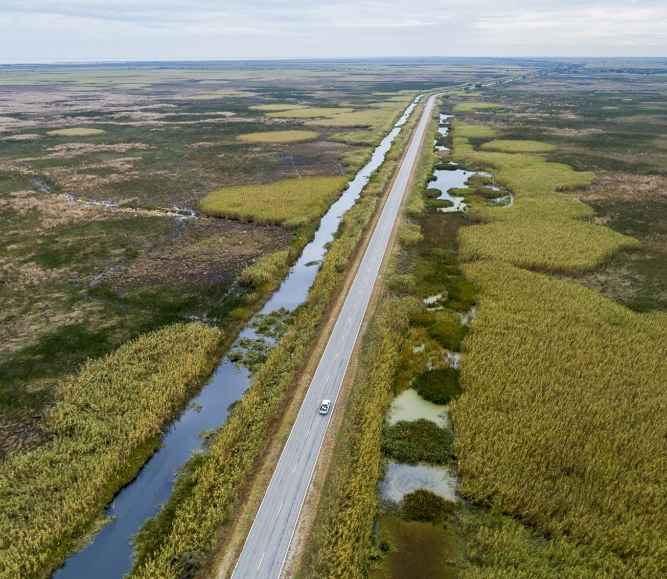NACo Regulatory Analysis: The Waters of the United States

Author

Charlotte Mitchell Duyshart
Upcoming Events
Related News
“Waters of the United States” is a phrase used in the Clean Water Act (CWA) to determine which waters are subject to federal jurisdiction. The CWA establishes the basic governance structure for pollution of the nation’s surface water, prohibiting the discharge of certain pollutants into “navigable waters,” which are defined as “waters of the United States, including the territorial seas.” However, the term waters of the United States, or WOTUS, is not further defined in the CWA. As such, the U.S. Environmental Protection Agency (EPA) and the U.S. Army Corps of Engineers – the two agencies responsible for administering the CWA – have defined WOTUS in regulations.
The definition of WOTUS directly impacts county governments as owners and operators of local infrastructure. Counties are responsible for public safety water conveyances, municipal separate stormwater sewer systems (MS4), green infrastructure construction and maintenance projects, water reuse infrastructure and emergency management systems. Depending on whether a certain water meets the definition of WOTUS, counties may need to apply for a federal permit to maintain or build new infrastructure projects.
Advocacy Hub
Waters of the U.S. Action Center
Find the latest resources from NACo on Waters of the U.S.

Related News

Congress examines PFAS liability and cleanup regulations
On December 18, the U.S. House Energy and Commerce Subcommittee on Environment held a hearing examining the current statutory and regulatory landscape for PFAS. The hearing follows a similar hearing held by the U.S. Senate Environment and Public Works Committee on November 19.
